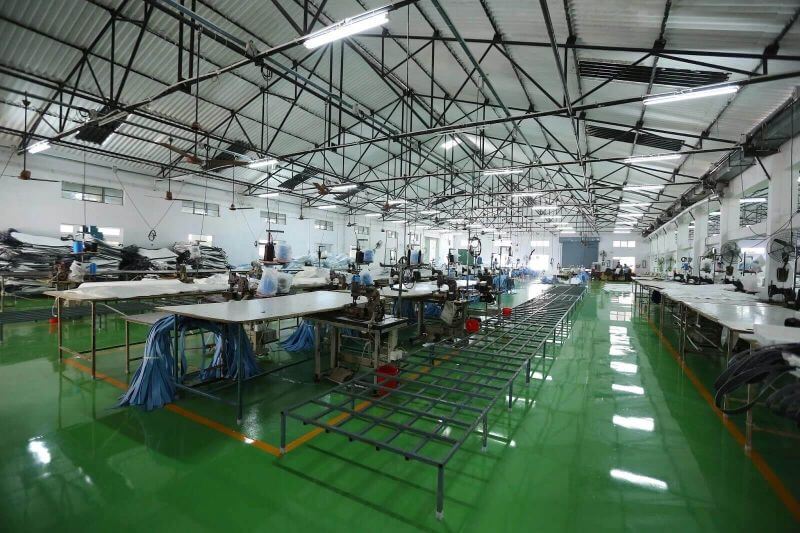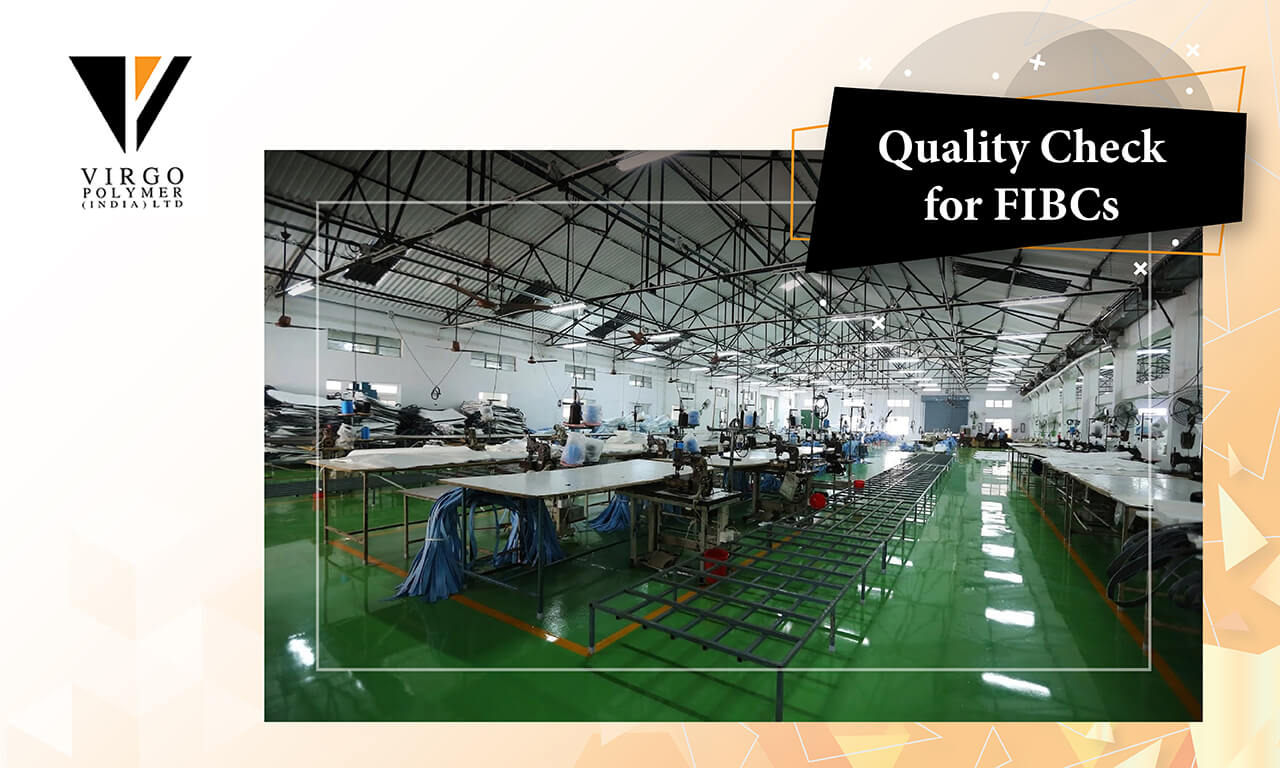



The quality of an FIBC depends on three main factors: the fabric, the manufacturing method and the post-production quality control. While all three factors play an equal role in contributing to the overall quality of the bulk bag, let’s now take a look at quality control and why it is not to be overlooked.
There are three major aspects to quality control in FIBCs, also known as bulk bags: strength check, specification check and contaminant check.
Strength check: The first and most important aspect of quality control includes checking the bag and its loops/handles for strength and their capacity to safely carry the specified weight without tearing. An FIBC of poor strength can cause accidents, damaging both the product it carries and the people working with it - especially if it is being lifted or stacked at an elevated level. The strength of the bag also determines how long it will last, how far it can be transported, and how many times it can be reused.
Specification check: This type of quality check has to do with the size, colour and type of FIBC manufactured, to see if it fits the requirement for which it has been manufactured. The details of this quality check will primarily depend on the type of customer and the specifications of the order they have placed. Some of the details will also include the number and positioning of loops, spouts and so on.
Contaminant check: It goes without saying that FIBCs being shipped to customers need to be free of contaminants, dirt, insects and other impurities that may make the bags unfit for use. This is an especially important quality check for bulk bags produced for food-grade and other agricultural needs. Contaminants can also enter the FIBCs when they are being shipped from one location to another, so it is also important to bale the bags properly and transport them with care.
Whether you are a distributor or a customer making a direct purchase from an FIBC manufacturer, remember to look out for the following.
Quality Certifications: Research the manufacturer you are going to purchase the FIBC from. A single FIBC may not be expensive, but when you buy in bulk (and do so repeatedly), you are making an investment. As mentioned before, an investment in quality FIBCs is important, not just for monetary reasons but for safety reasons as well. Make sure you check for an ISO certification.
Batch/Lot Numbering: A bulk bag manufacturer that respects quality standards will print batch/lot numbers on every product, along with details of the batch such as the manufactured date. These details are crucial because, if one or more products are found to be faulty, the batch number helps manufacturers withdraw all products from the same batch to avoid mishaps and accidents. If there are no batch numbers, it would be impossible to trace an FIBC that could possibly become a safety hazard.
Batch Testing: While choosing a bulk bag, make sure you ask the manufacturer about the type of quality check it has undergone. Specifically, ask for bags that have been batch tested. This means that, from every batch, one or more bulk bags are picked at random and tested rigorously across all important parameters. This is an important step that can help manufacturers identify faulty batches before they go to the customer.
